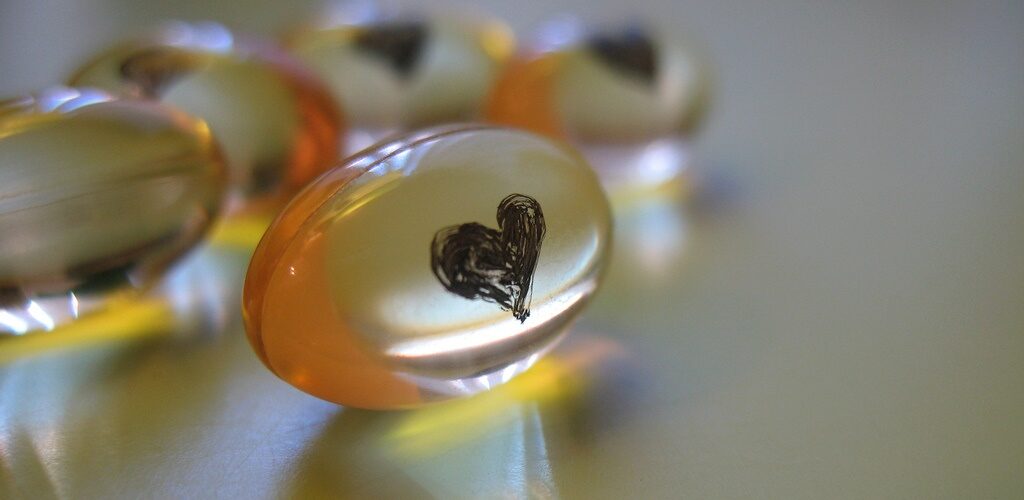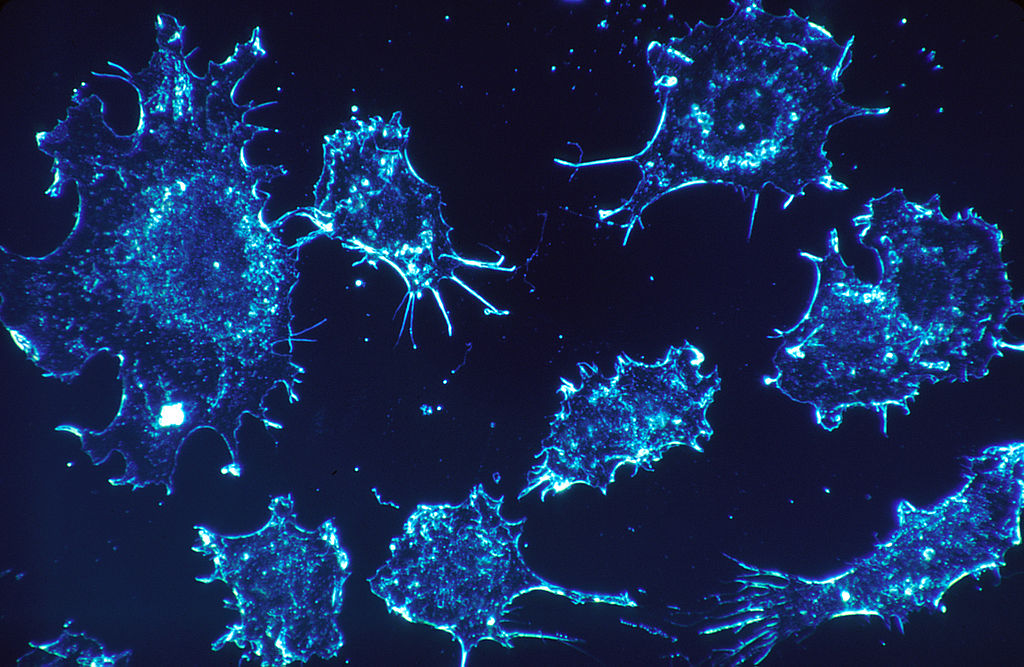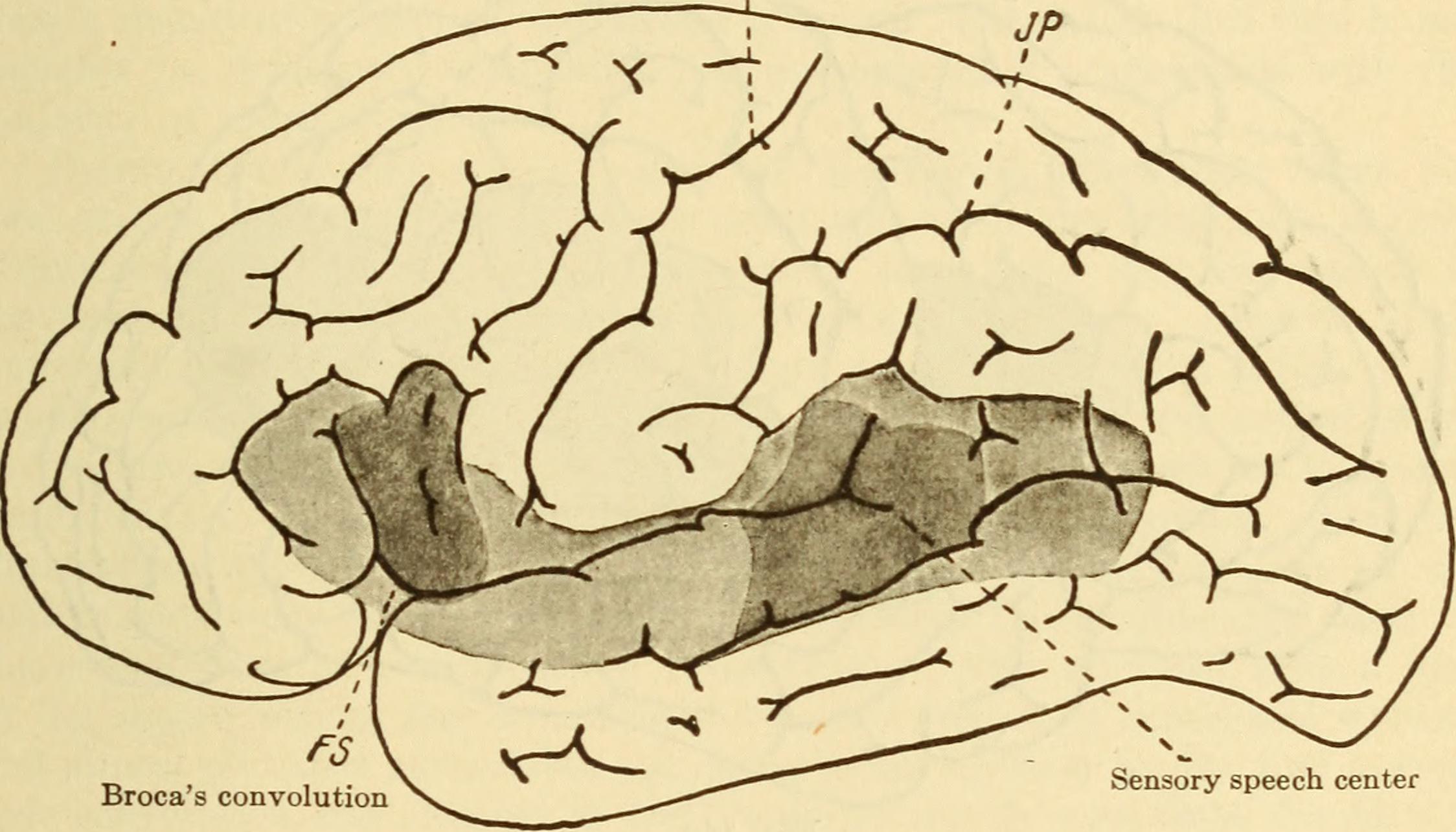Statin to the rescue: one pill to save them all?

“Too much of a good thing”. A phrase that holds true for many things in life: coffee, wine, chocolate cake – and cholesterol. Although it is completely essential for us, too much of it in the wrong place seriously increases the risk of developing cardiovascular disease. As doctors try to lower this dangerous excess of cholesterol, evidence is emerging that their remedy is not only reducing the risk of heart disease but that of certain cancers, too! Behold: the golden pill, the statin drug.
Statins are a group of drugs which stop a key cholesterol biosynthetic enzyme, HMG-CoA reductase, functioning in the liver. The drug attaches to the enzyme, meaning that the real molecule can’t get access. Therefore no reaction occurs, cholesterol isn’t made and there is less cholesterol in the blood. This is great news as too much cholesterol circulating in the body can clog arteries and lead to cardiovascular disease.
The first links between statin drugs and cancer were discovered in animals undergoing cardiovascular studies in the 1990s. Visible tumours were seen in some of the animals and not others, but the results varied. The way that statins may be preventing cancer is thought to be different to the way they reduce cholesterol, which complicates study outcomes. Randomized clinical trials have been carried out to explore the links further.
A 2015 meta-analysis of observational studies looked at cancer mortality in patients who took statins before the cancer was diagnosed. The study compared sexes and looked at different cancer types. Both males and females taking statins were found to have a significantly decreased risk of death from breast, colorectal and prostate cancers. The study concluded “the average effect of statin use is beneficial for overall survival and cancer-specific survival” 1. Other studies focusing on just one cancer type (including pancreatic cancer) found similar results. This is really exciting because pancreatic cancer, unlike other cancers, has shown no improvement in survival in the past 40 years. However, the study found only males were significantly likely to have a reduced chance of pancreatic cancer 2.
At the 2015 world’s largest cancer treatment conference in Chicago, evidence was presented from observational studies which compared statin use and the death rates of people with various cancers. Women taking statins had a 40% increased survival chance from breast, ovarian and bowel cancers, compared to those not taking statins. In men, advanced prostate cancer survival was also 40% higher in those taking statins. The statins had been prescribed for their cardiovascular health benefit, but for some users there was the added benefit of a decreased likelihood of developing cancer 3.

Could statins also prevent cancer cells from growing? Image by Dr. Cecil Fox for the NCI via wikimedia (public domain picture).
But is this just chance? Cancer depends on many different factors, and for many common cancers the lifestyle-related factors and genetic predispositions to cancer development are still unknown. It could be that people taking statins are all also doing other things that may help protect them against cancer, such as living a healthier lifestyle. The studies themselves are cautious about the results. However, with such a significant result, why doesn’t everyone start taking statins “just in case”?
Statin use is controversial, because of potential side-effects. People who are identified as having a high risk of stroke, angina and heart attacks due to factors such as obesity, high blood pressure and family medical history, are routinely prescribed statins. These people report mild side effects such as headaches and nausea, however muscle pains and diabetes are the more serious side effects that are the major cause for concern. However, whether statins are causing these side effects remains unclear. Some side effects may be the result of the lifestyle risk factors associated with cardiovascular disease; type 2 diabetes, for example, is associated with obesity – a risk factor for cardiovascular disease! As a result, health professionals remain hesitant to prescribe statins to people who don’t desperately need them.
A recent study from the Glasgow Institute of Cardiovascular and Medical Sciences has investigated the link between statin use and the development of type 2 diabetes. It is hard to distinguish a causal effect due to the overlapping risk factors for both type 2 diabetes and cardiovascular disease. It was concluded that the benefits of taking statins outweigh the risks 4. So, if statins are preventing certain cancers as well as their proven role in reducing the risk of cardiovascular disease, surely all bases are covered?
Well, the risk is a “having your cake and eating it too” attitude – ignoring crucial lifestyle advice, thinking it’s all okay because you’re eating your statins. A healthy diet and active lifestyle are crucial elements to preventing heart disease. Stopping smoking and reducing alcohol intake are also recommended. The risk of cardiovascular disease and potentially, certain cancers developing, can currently only be reduced not abolished. Taking statins may simply offer another level of protection.
Cancer and cardiovascular disease are the most common causes of mortality in the UK. Can one pill really protect against such killers? The evidence suggests taking statins is likely to be more beneficial than harmful, especially if you are someone who has a risk of cardiovascular disease. As more studies are carried out, the Scottish Medicines Consortium (SMC), which licenses drugs for NHS Scotland, could update their guidelines for prescribing statins. The SMC only license cost effective drugs, so whilst stains are cost effective for reducing cardiovascular disease risk, more research is required before they can be prescribed to include those at risk of developing certain cancers. Nevertheless, as the risk factors for cardiovascular disease and certain cancers overlap, current statin users may be benefiting from the positive consequence of increased protection against cancer.
One thing is for certain: prevention is better than no cure! For the moment however, more research is needed before it can be concluded whether statins are indeed killing two birds with one stone.
References
- Study highlights can be read here: http://www.cancertreatmentreviews.com/article/S0305-7372(15)00074-2/abstract
- Full results can be found here: http://onlinelibrary.wiley.com/doi/10.1002/cncr.29256/abstract;jsessionid=179299B020550983D0DA614DC18AA059.f02t02
- The conference abstract can be found here: http://meetinglibrary.asco.org/content/143458-156
- The original paper can be found here: http://www.thelancet.com/journals/lancet/article/PIIS0140-6736(09)61965-6/abstract










